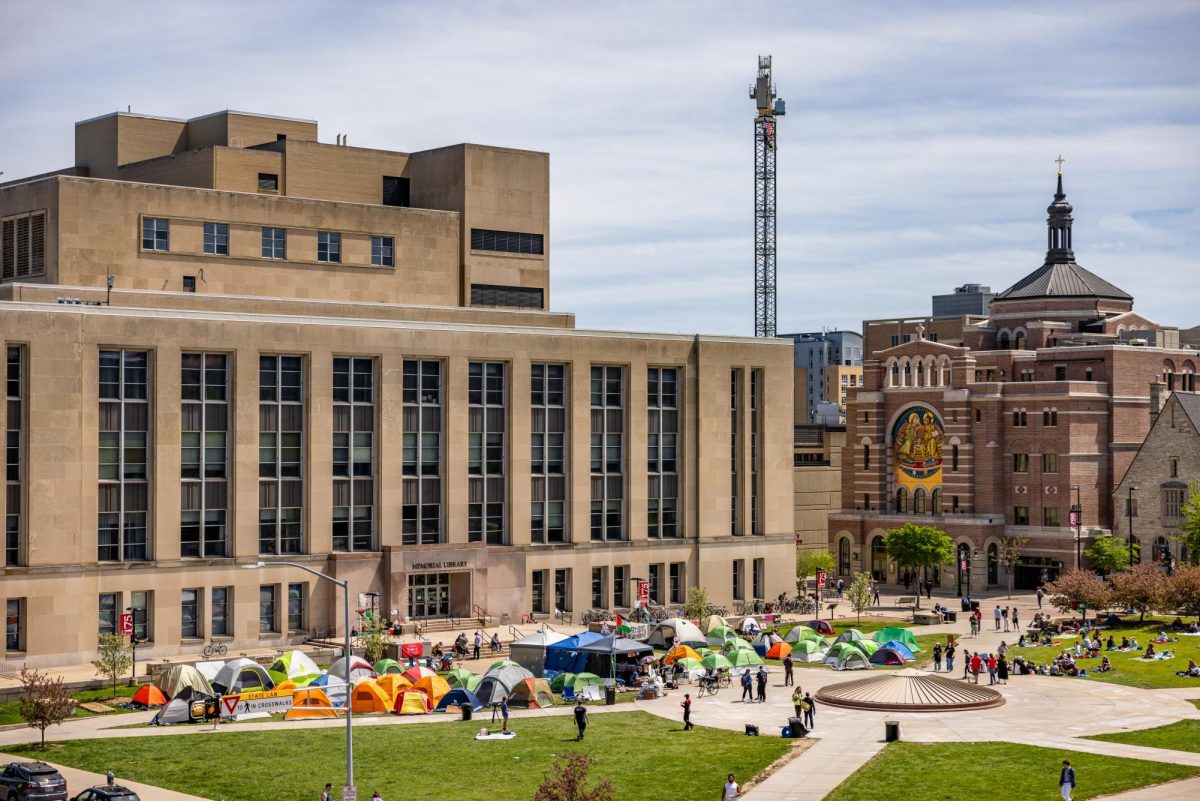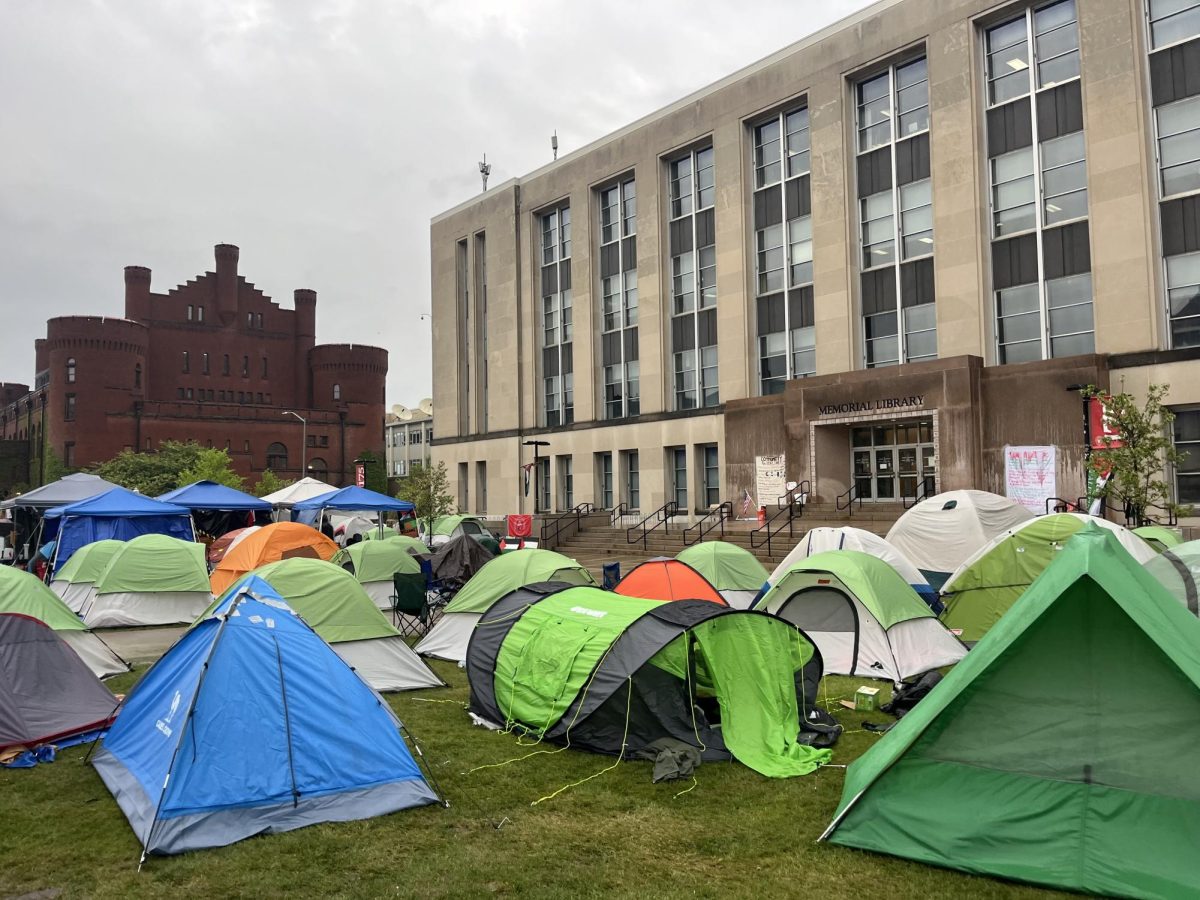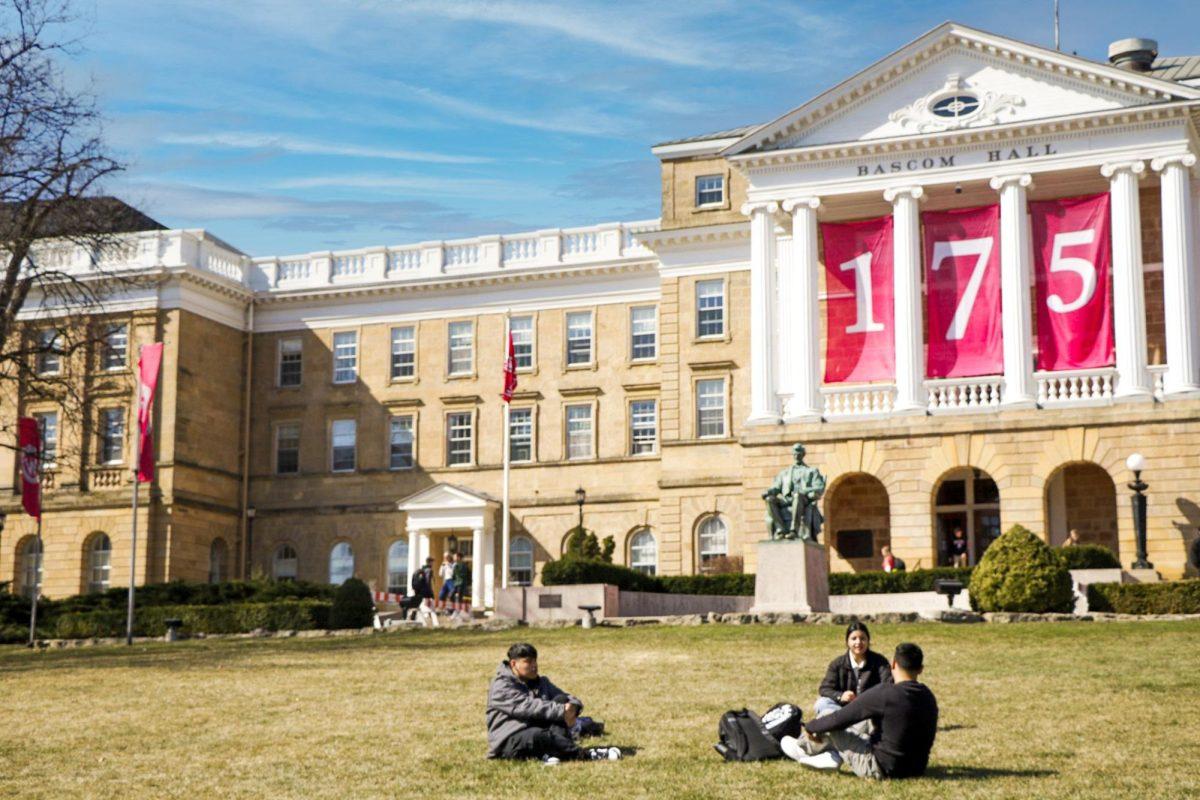The Wisconsin state Supreme Court heard the case of State v. Scott R. Jensen Tuesday to determine the appropriate venue for a trial regarding the former legislator’s criminal misconduct.
Former Assembly Speaker Scott Jensen, R-Waukesha, was convicted in 2006 for three felonies and one misdemeanor for criminal misconduct while in office for using state employees to campaign for his re-election while working on state time.
Jensen was convicted under a state statute that outlines what constitutes a felony under the misconduct in public office laws. He was convicted under a subsection of the statute, which outlaws using the powers of a public office “with intent to obtain a dishonest advantage for the officer or employee or another.”
Under these provisions, it is a felony to use the time and resources of employees of a public office for a political campaign.
Jensen’s case was brought before the Fourth District Court of Appeals in 2007, with the defendant appealing based on the “unconstitutionally vague language” in the state statute used to convict him.
The District Court of Appeals ruled Dane County Circuit Court Judge Steven Ebert, who presided over the initial trial, wrongfully excluded key parts of Jensen’s testimony about the intent of his actions, and so a new trial was ordered.
The arguments heard before the Supreme Court Tuesday dealt with the choice of venue in which to try the new criminal case.
Defense attorney Robert Friebert, representing Jensen, argued that according to state statute, the case should be tried in Waukesha county where Jensen resides, not in Dane County where the crimes took place.
The statute, called the venue statute, was created in 2007 while charges against Jensen were already pending. The Court of Appeals initially denied Jensen’s motion for change of venue, claiming the venue statute did not apply to Jensen’s case, according to court documents.
At the same time the venue statute was created, the court documents also said the Wisconsin state Legislature created the Government Accountability Board, whose purpose was to enforce laws related to elections and political campaigns.
Dane County District Attorney Brian Blanchard, representing the state, contested the venue statute applies only to cases investigated by the GAB. Jensen’s case was not under investigation by the GAB because the agency was not created until after charges were already pending against Jensen.
“The venue provision is not … some free-standing legislative act,” Blanchard said. “Instead [it] directs you to consider it as a GAB-related provision.”
Friebert argued regardless of the GAB investigation, the venue statute applies to Jensen’s case because his crime involved political campaigning, which is now covered by the GAB.
“When you mate the district attorney powers with the venue statute, it’s saying that any investigation is the property … of solely the district attorney where the defendant resides, and that’s where the venue should be,” Friebert said.
The Supreme Court’s decision will ultimately determine if the venue statute applies to all cases involving political campaigning, or just cases being investigated by the GAB.












